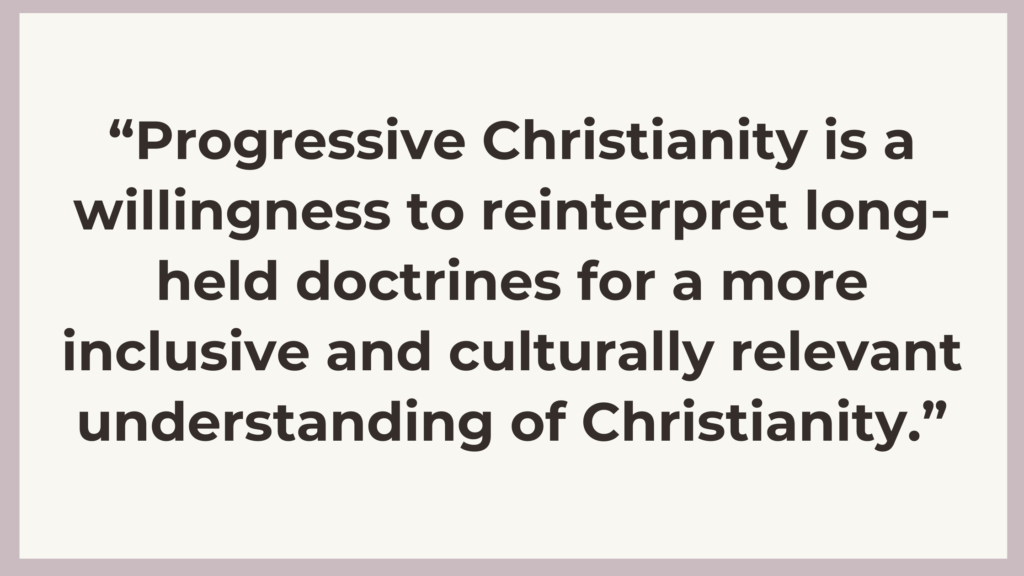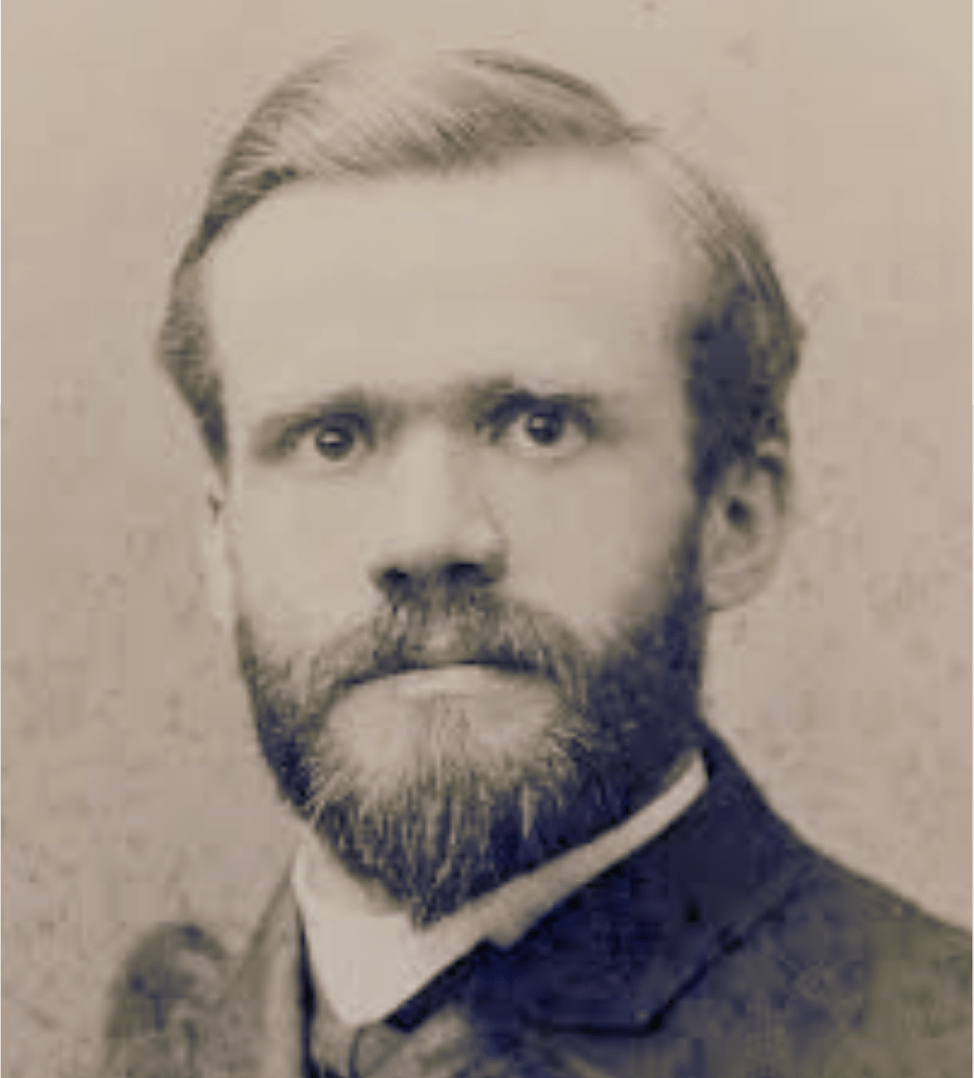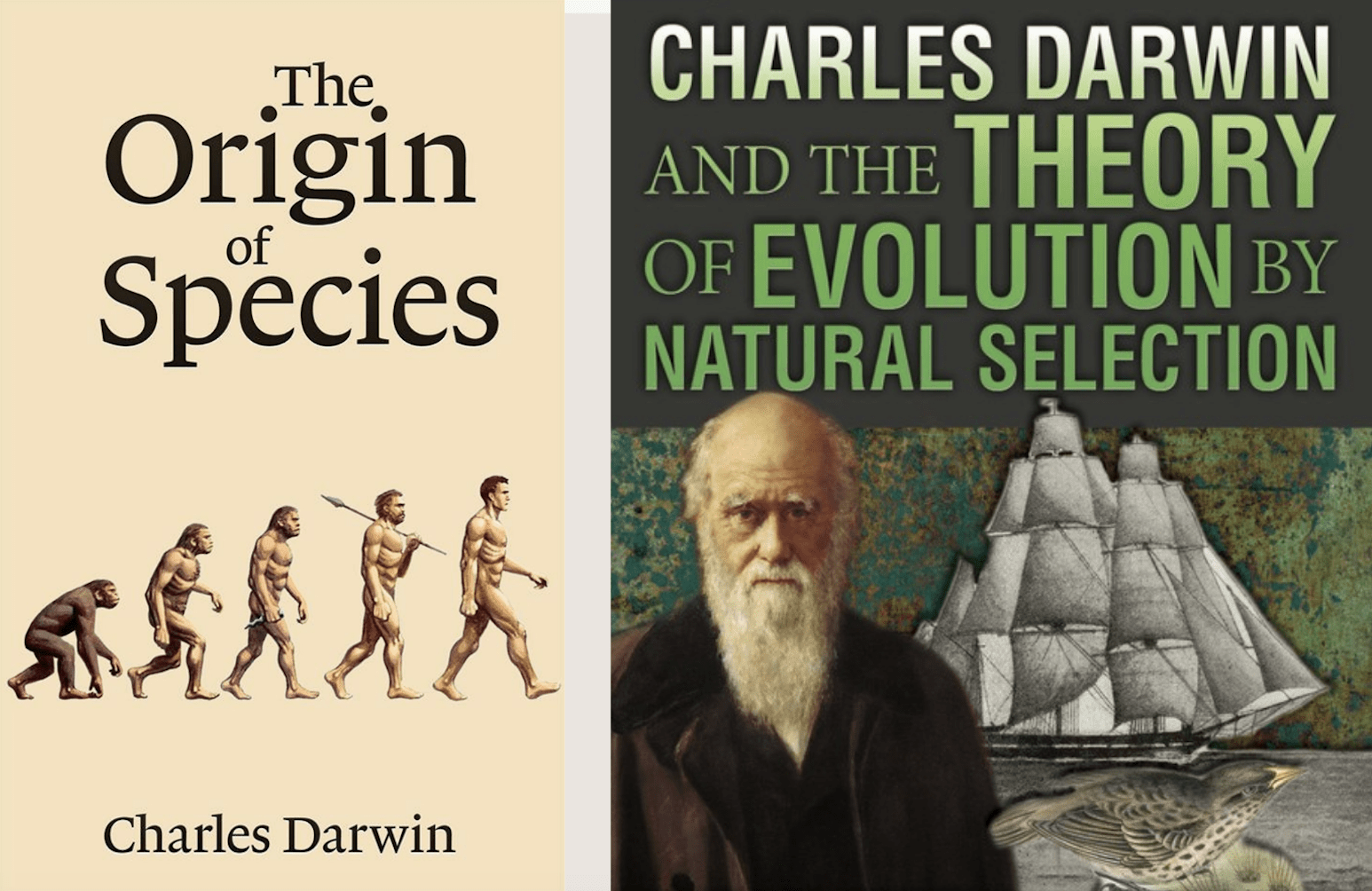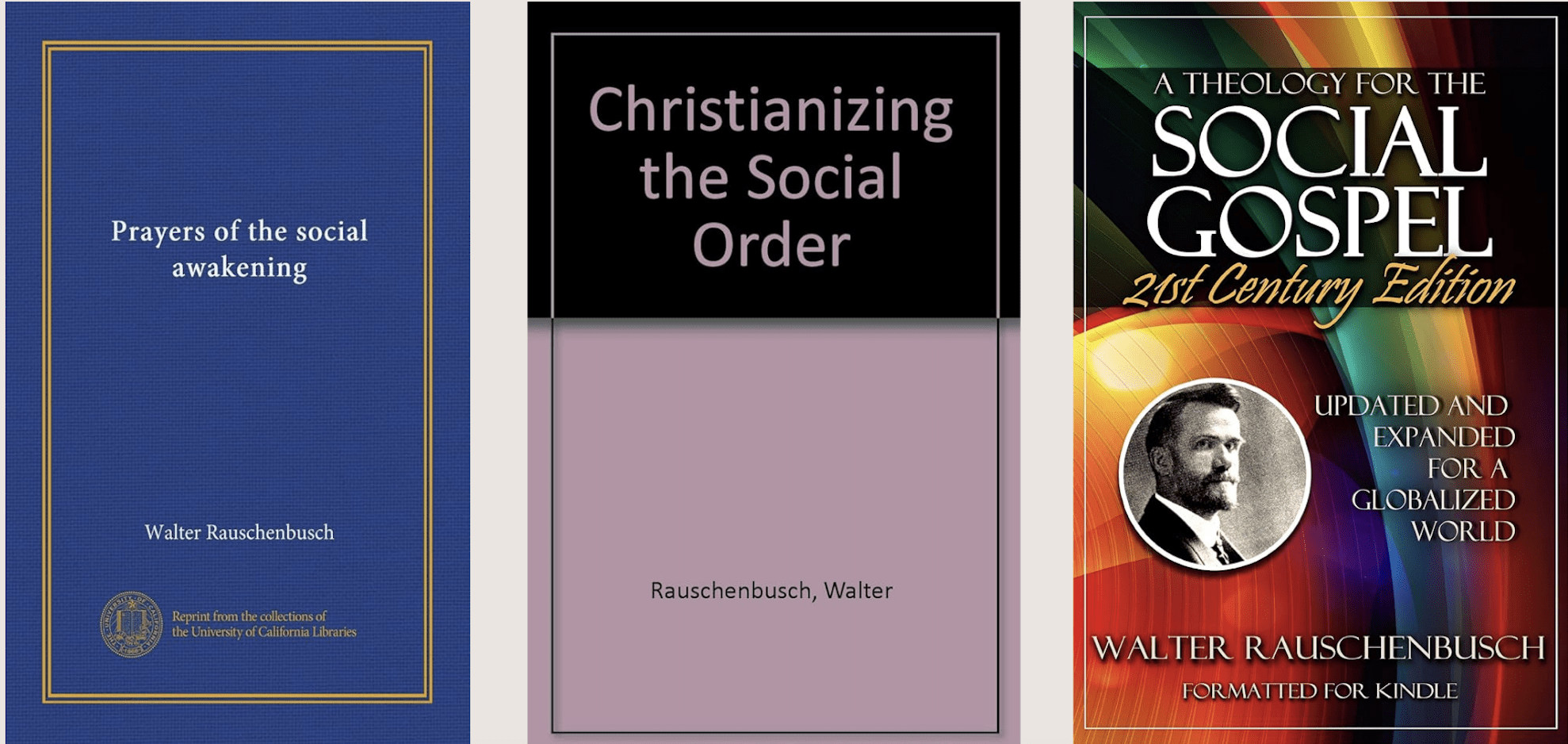Have you ever heard someone say, “Your truth is yours, my truth is mine, and both are equally valid”?

That’s called Moral Relativism. It means truth is whatever a person believes it to be. Moral relativism can make Progressivism hard to define. And because so-called Progressive Christianity is rooted in relativism, its beliefs vary widely. Some progressives believe in a higher power but deny that Jesus ever claimed to be God. Others affirm the Trinity and Jesus’ sacrifice, but reject the Bible as unreliable.
But as Bible-believing Christians, we stand on the certainty that truth isn’t relative—God is absolute truth. Jesus said, “I am the way, the truth, and the life.” (John 14:16) There’s only one truth, and it’s found in Him.

Progressive Christianity is not Christianity at all, because it turns fundamental doctrines upside down. It’s followers must hear and believe the true Gospel, repent of their sins and turn from their deception into the light of Christ.
How do Progressive Christians describe themselves?
 I like to go to the original source: Here’s what it says on the popular website Progressive Christianity.Org: ”Progressive Christianity is an open, intelligent and collaborative approach to the Christian tradition and the life and teachings of Jesus that create pathways into an authentic and relevant religious experience.”
I like to go to the original source: Here’s what it says on the popular website Progressive Christianity.Org: ”Progressive Christianity is an open, intelligent and collaborative approach to the Christian tradition and the life and teachings of Jesus that create pathways into an authentic and relevant religious experience.”
On its home page, it asks website visitors some questions:
- Do you find more grace in the search for meaning than in absolute certainty, in the questions rather than in the answers?
- Do you have religious interests and longings but cannot accept the beliefs and dogmas you associate with Christianity?
- Are you repelled by claims that Christianity is the “only way”?
A lot of Progressive churches use this definition and this website to shape their mission and belief statements.
The Bethel United Church of Christ in Portland says: “The power of the Christian faith to transform lives does not require it to be exclusively true. Exclusivity is born out of fear. The fear that there is one train to God and if you aren’t on the right train, you’ll go to hell. We believe there are many trains, and God welcomes them all.”

Progressive Christians often describe themselves as a people on a journey—focused on acceptance, seeking, and a positive faith rather than judgment. It’s all about relevancy. Keeping with the times, the trends, and the social constructs.
Here’s one more site of the thousands you’ll find:

Gracepointe Church in Nashville is a megachurch where a lot of country music celebrities attend. Gracepoint says this: “We are reimagining Christianity through a progressive lens to cultivate human flourishing.” On their About page it says that over half of their staff identifies as part of the LGBTQ+ community, and several members of their leadership board do as well.
On their home page: We are an inclusive spiritual community seeking to live out a more just and generous Christianity. Here at GracePointe, we think that faith is less about doctrines and dogmas demanding total agreement and more about a life to be lived, enjoyed, and shared with others.
Progressivism = Emergent 2.0
We already know Satan’s strategy: Reinterpret the Bible. Cast doubt. Deconstruct 2,000 years of doctrine. And Redefine core tenets of the faith. Progressive Christians still call themselves followers of Jesus—but their version of Jesus demands we conform to culture rather than be transformed by the power of the Gospel. Instead of the unchanging Christ of Scripture, they offer a Jesus who evolves with society, shifting truth to fit the times.
 Progressive ideology is an outgrowth of the postmodern Emergent Church movement. Leaders like Rob Bell, Jim Wallis, Tony Campolo, Leonard Sweet, and Shane Claiborne championed it. Their focus was on having a conversation about God, questioning absolute truth, and ridiculing Christians who held firm to the Bible. Those voices have faded, but new leaders in the Progressive movement have taken their place.
Progressive ideology is an outgrowth of the postmodern Emergent Church movement. Leaders like Rob Bell, Jim Wallis, Tony Campolo, Leonard Sweet, and Shane Claiborne championed it. Their focus was on having a conversation about God, questioning absolute truth, and ridiculing Christians who held firm to the Bible. Those voices have faded, but new leaders in the Progressive movement have taken their place.
Who are they? There are thousands of them – some you’ve never heard of, and some that are familiar and have a reputation as once-solid pastors – like Matt Chandler, Russell Moore, Beth Moore, Jackie Hill-Perry, Aimee Byrd, Jenny Allen, Rick warren, David Platt, The late Tim Keller, The entire Gospel Coalition, Richard Rohr, and Andy Stanley. These are just a few.

Let’s look at just one: Andy Stanley teaches that Christians ought to disconnect their faith from the Old Testament. He has long embraced members who are living in unrepentant sin of all kinds – even putting them in leadership positions. For years I’ve warned people about how he steers his audiences away from the absolute truth of Scripture and casts doubt – just like Satan himself. Here are a few articles from this site.
A few years ago, Zondervan released a series of online Bible study lessons for new believers, titled Starting Point In Lesson 1, he said this: “We went off to college and discovered that even though it [the Bible] was sacred, it wasn’t scientific. Even though it was something to appreciate, it wasn’t necessarily something that was factual. Even though there were stories in here [the Bible] that were inspirational, they weren’t necessarily true.” Just like that, he points new believers away from the authority and truth of God’s Word. Sound familiar? That’s precisely the method of Satan from the beginning.
How Did We Get Here?
 The roots of Progressive Christianity can be traced back to Karl Marx and the spread of his ideology through his book, The Communist Manifesto (written in 1848), in which he redefined humanity as a struggle between two groups: oppressors—the powerful and privileged—and the oppressed, or victims-marginalized people.
The roots of Progressive Christianity can be traced back to Karl Marx and the spread of his ideology through his book, The Communist Manifesto (written in 1848), in which he redefined humanity as a struggle between two groups: oppressors—the powerful and privileged—and the oppressed, or victims-marginalized people.
His vision for a perfect world required tearing down the evil authoritative institutions, including capitalism, the Church, and even the idea of God, to build a global, classless, religion-free society. Even seminaries in Germany were teaching this. That’s how Marx wanted to conquer evil. But the truth is, Jesus already conquered evil on the Cross, and none of His children are victims.
How did Christians become entangled in Marxist thought?

In the early 1900s, a pastor named Walter Rauschenbusch went to a German Seminary where he studied Marx and then came back to lay the foundation for what became the Social Gospel. He wrote several books, like, Prayers of the Social Awakening, – Christianizing the Social Order, and A Theology for the Social Gospel. (That one is still being taught and studied today.)
Walter wanted to redefine Christianity—not as salvation through Christ, but as a mission to solve social issues. He was convinced that the church’s role was to push for equality, redistribution of wealth, and progressive policies—ideas that sound very familiar today.
 A third major influence: Charles Darwin. His theory of evolution removes the need for a Creator and convinces the world that humans were NOT made in God’s image. Instead we evolved from random primordial goo. They serve it up in public schools. And for decades, Christians have been drinking that goo.
A third major influence: Charles Darwin. His theory of evolution removes the need for a Creator and convinces the world that humans were NOT made in God’s image. Instead we evolved from random primordial goo. They serve it up in public schools. And for decades, Christians have been drinking that goo.
There are many more historical influencers, of course, but the result of all three of these I’ve mentioned is a Church that has replaced the Gospel of Christ with social justice, political activism, and moral relativism.
Christians, we need to stand firmly resolute against these lies.
In Part 2, I’ll discuss how Progressive Christianity deconstructs the doctrines of the Christian faith.
Please look at our White Paper on Progressive Christianity.
(This article is part of my series on Progressive “Christianity,” which I shared in an hour-long presentation at Answers in Genesis women’s conference, Resolute. Between the sold-out weekend and week day events, 3,000 women learned about various discernment topics.




